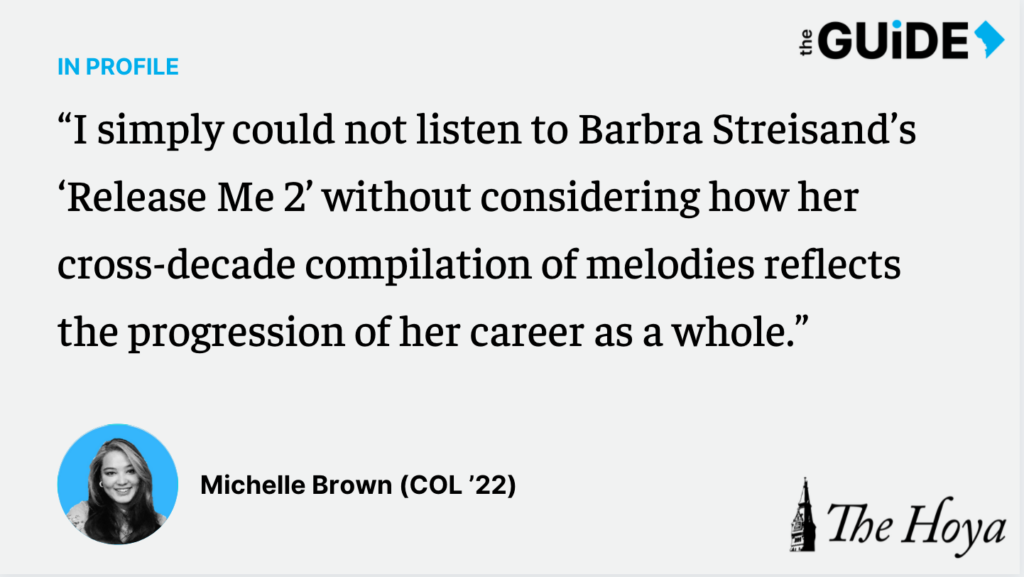★★★☆☆
“Hoodies All Summer” by London grime artist Kano is unified by its sparse, unconventional production and thoughtful lyricism. Instead of danceable rhythms and blustery lyrics, the grime legend employs spoken word-style sermons that sprawl across uneven percussion.
Kano’s depictions of British street life and his critique of violence and inequality are incisive; it is disappointing that “Hoodies All Summer” misses more explosive instrumental moments to drive his message home.
“Hoodies All Summer” takes a more reserved approach than the average grime album. A mutation of electronic music that developed from several United Kingdom-based styles like garage and jungle, grime began to emerge as its own genre in London during the early 2000s.
British MCs, often from poor urban areas on the outskirts of cities in the U.K., talked tough over industrial synths, snares and basslines. The resulting music had few soft spots and a lot of hard edges, broadcasting the struggles of underprivileged English youth over pirate radio.
Over a decade later, grime has become mainstream — MCs like Stormzy top the charts with sappy pop singles and Skepta has crossed over to U.S. stardom, collaborating with rappers like A$AP Rocky and Playboi Carti. Kano himself pioneered the genre, with five albums under his belt before “Hoodies All Summer.” With his latest release, Kano has lowered the tempo and toned back the aggression, pushing grime away from a war on the streets and into the back alleys.
Thematically, “Hoodies All Summer” examines poverty and gangs from an up-close perspective, without the glamorization of violence common in hip-hop west of the Atlantic. For instance, “Trouble” includes the lines,“Any beef can be squashed if hands could be shaken / Any hand can be shaken when the blood dries / I guess that’s not a thug line / But Canning Town and Plaistow, that’s where the thugs die.”
Kano does not posture himself as a participant in the violence; he urges an end to the conflict between London neighborhoods. The message increases in urgency when police sirens and audio from an emergency services call interrupt the singer midsentence before the track abruptly resumes seconds later.
Kano also sheds light on race relations, explaining how racism does not disappear with money on “Teardrops”: “But there ain’t no safe haven / If they can spray paint n***a on Lebron James crib / That means a black card ain’t shit when that’s the shade your face is / So basically, we’re Kunta Kintes in some Cuban links / The Balenciaga’s didn’t blend us in.”

Although Kano’s lyrics are thoughtful and generally positive, the songs could benefit from more narratives or details. Nevertheless, Kano’s tone and cadence proves as important as what he says.
His verses spill out with relentless conviction, bouncing agilely off the minimalist percussion. Peppered with U.K. slang and references, his rhymes are complex and ear-catching.
The instrumentals on “Hoodies All Summer” — the work of producers Blue May and Jodi Milliner — often sound scattered and disorienting. Snares, incomprehensible vocal snippets and heavy kicks are spilled like marbles on a table in “Teardrops.” Occasionally, they pause for a full second, which feels less like a sigh of relief and more like a pained gasp.
Even on the most sprightly cuts like “Can’t Hold We Down,” the production can feel excessively stripped back. The keyboard melody is attractive, but the vocals from dancehall crooner Popcaan sound lonely on the hook, and the track lacks a satisfying crescendo or burst of energy. Similarly, the singing by Kojo Funds on “Pan-Fried” feels more like a bridge than a true hook. The track peters out frustratingly without a conclusion.
The most replayable track on “Hoodies All Summer” is the closest to classic grime, showing where Kano’s true strengths still lie. Although the beat is still minimalist, “Class of Deja” features more insistent percussion and a grubby, wobbling synth line that creates an ominous tension.
The addition of animated, almost bizarre verses from grime veterans D Double E and Ghetts ups the stakes for Kano, engaging all three in a relentless, merciless tussle. If D Double E and Ghetts were featured on the other nine tracks as well, maybe they could imbue “Hoodies All Summer” with the urgency it needs.
“SYM” attempts to close the album on a hopeful, inspiring note with mixed results. The track’s name is short for “suck your mum,” a phrase which is first sung by a chorus and then by Kano himself with little irony.
After a slow start, the percussion slowly builds in volume while Kano’s vocals become increasingly animated, resulting in a powerful crescendo that lends the album a proper conclusion. This kind of sonic switch up could have made other songs on the album more satisfying and less predictable as the album continued.
Kano carries “Hoodies All Summer” with his verbal wit and fervor. Tracks like “Class of Deja” are a testament to his mastery of flow, while “Teardrops” shows the MC’s thoughtful lyricism. Although Kano attempts to adapt the grime genre for an updated sound, more complex production and composition could keep songs from feeling so empty.



















